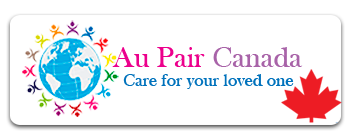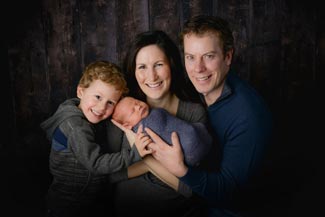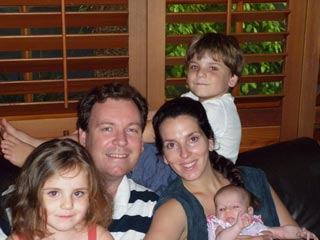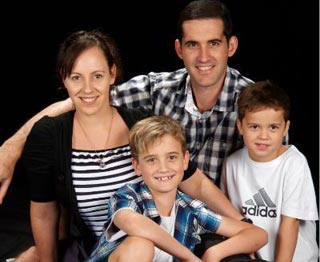Children over 5
Children over 5 years of age are naturally inquisitive and so will be braver to explore and can get into more trouble! Although these children will be going to school they still need lots of activities to do to keep them busy and out of mischief.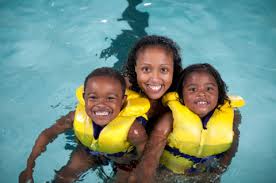
3 – 4 years physical development
Pre-schoolers are all about the physical – they love to jump, skip, run, climb and dance. In fact, anything that’s new and that won’t require them to sit still for too long. But they’re also like puppies – running full steam until they completely run out of energy, at which point they’ll collapse somewhere utterly exhausted.
Developmental milestones include:
Balancing to walk along a plank
Pedalling a tricycle
Rolling and bouncing a ball – and a few can catch a ball, too
Holding a pencil with the correct grip
Buttoning up clothing
Cutting with scissors
Climbing a ladder and trees
Standing, walking and running on tiptoes
Balancing on one foot for several seconds
Using a spoon and fork correctly
Building a bridge using three blocks
How can I encourage his physical development?
Ensure that he has plenty of physical freedom where he can develop some independence.
Teach him some skills that will open new doors for him – how to swim, how to pedal a bike, how to hit a ball with a bat.
Give him the space to work things out for himself. He’ll build his self-esteem if he can work something out on his own.
Allow him the time he needs to ‘get things right’ himself. Some pre-schoolers really resist help, so don’t jump in unless you’re asked.
4 – 5 years physical development
After his three year-old self spent a good portion of the last year developing gross and fine motor skills, it’s no wonder that your four year-old has great confidence in his physical abilities. But this confidence is not always matched by ability so he still needs close supervision when he plays.
Developmental milestone include:
Walking confidently, one foot on each step, up and down stairs
Using a bat and ball with confidence – he can now throw, catch and bounce a ball
Climbing trees and ladders with ease
Running at speed
Jumping with two feet over objects
Walking for a short distance along a line before falling off
Pedalling well, and may even be learning to ride a two-wheeler with training wheels
Hopping – although this is usually very wobbly
Threading beads
Learning how to swing himself on a swing – even though he’d still like you to believe that he needs you to push!
Confidently self-dressing
Being in charge of his own toileting – although he may still wet the bed at night.
What can I do to encourage his physical development?
Play plenty of games with him that involve sorting and matching objects – try sorting beads into different colours or shapes before he begins threading, play Go Fish or Snap card games with him.
Give him lots of time outside playing. Use a large ball and have a game of ‘cricket’ with him.
Do your teaching through playing with him – avoid the expectations of ‘lessons’.
Get down and dirty with him and do some craft. Try making play dough from scratch and then start modelling.
Want to know more about the ideal way to practise your language skills?! This age group is great for learning together, ‘make believe’, storytelling and learning songs together – ENJOY!
4 – 5 years speech and language development
Four year olds are often great conversationalists and love to talk about the details of all sorts of scientific and important subjects. Your child wants to find out about all aspects of life and talking about things is a very important way of understanding how the world works.
Developmental milestones include:
Speaking clearly on the whole, but he may still not use some sounds correctly – ‘the’ for’s’ or ‘w’ for ‘r’.
Asking about the meaning of words
Telling long stories where reality and fantasy are intertwined
Asking many, many questions
Arguing his point and offering his ideas about things
Talking about the future – what he thinks might happen, or what he hopes will happen
Knowing a few songs and rhymes
Enjoying jokes – he’ll particularly like anything to do with toilets, bums or farts! What can I do to encourage his speech and language development?
Take the time to talk to your children about his day – now that he’s having experiences without you at pre-school, you’ll find he has a lot to report!
Continue to read with your child. Talk about what’s happening in the pictures; let him act out the story.
